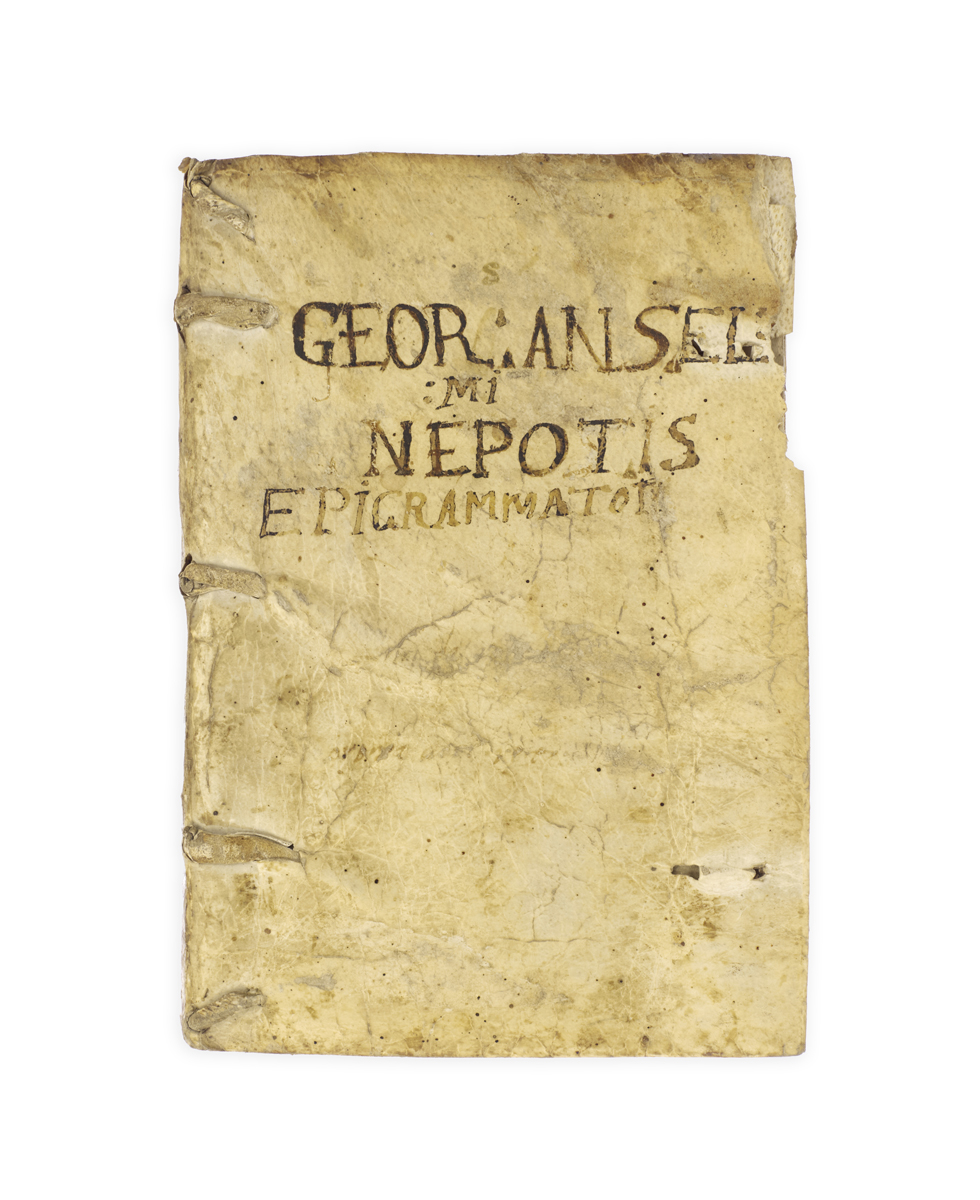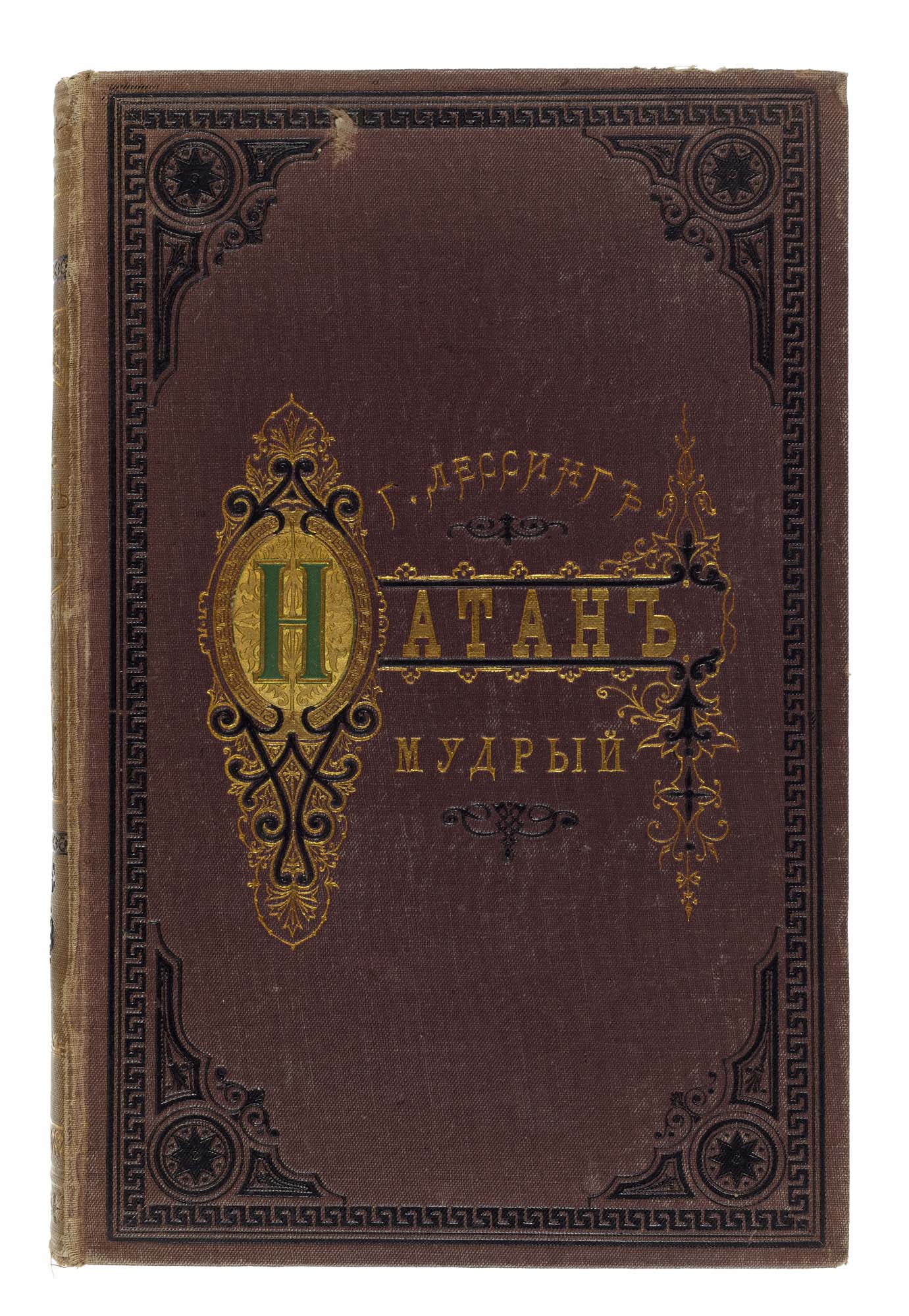REVIEWED BY MARY WOLLSTONECRAFT
PICKERING, Amelia.
The Sorrows of Werter: a Poem …
London: Printed for T. Cadell … 1786
4to., pp. xxii, 69, [1]; with half-title and a sixteen-page list of 961 subscribers; apart from slight fraying a very good copy, uncut, in original blue-grey wrappers and tan paper spine.
Added to your basket:
The Sorrows of Werter: a Poem …
First edition. Amelia Pickering’s ‘melancholy, contemplative poem’ (Todd) was one of a spate of works in English and German founded on Goethe’s novel, including poems by Charlotte Smith and Mary Robinson, both subscribers here. Pickering ‘gives to Charlotte a voice, if rather weakly moralistic, and to Werter suffering which is acute, credible and unhysterical’ (Feminist Companion citing ‘The Sorrows of Young Charlotte: Werter’s English Sisters’, Goethe Yearbook, 1986).
Mary Wollstonecraft, however, was not enthusiastic. ‘To pity Werter we must read the original ... The energy … is lost in this smooth, and even faithful, imitation … Werter is dead from the beginning: we hear his very words; but the spirit which animated them is fled …’ (Analytical Review, January 1789).
Speck Collection 1155.

